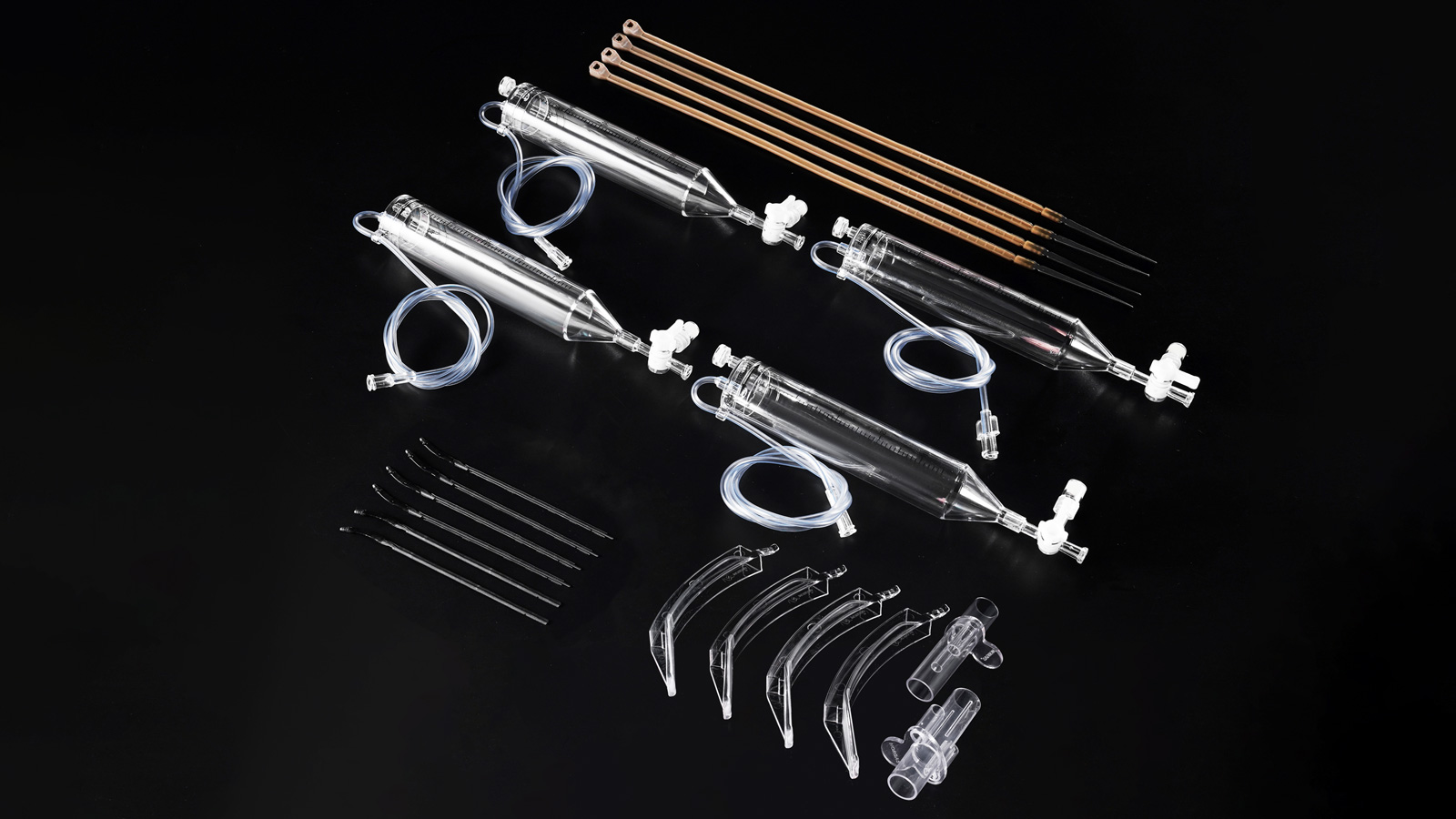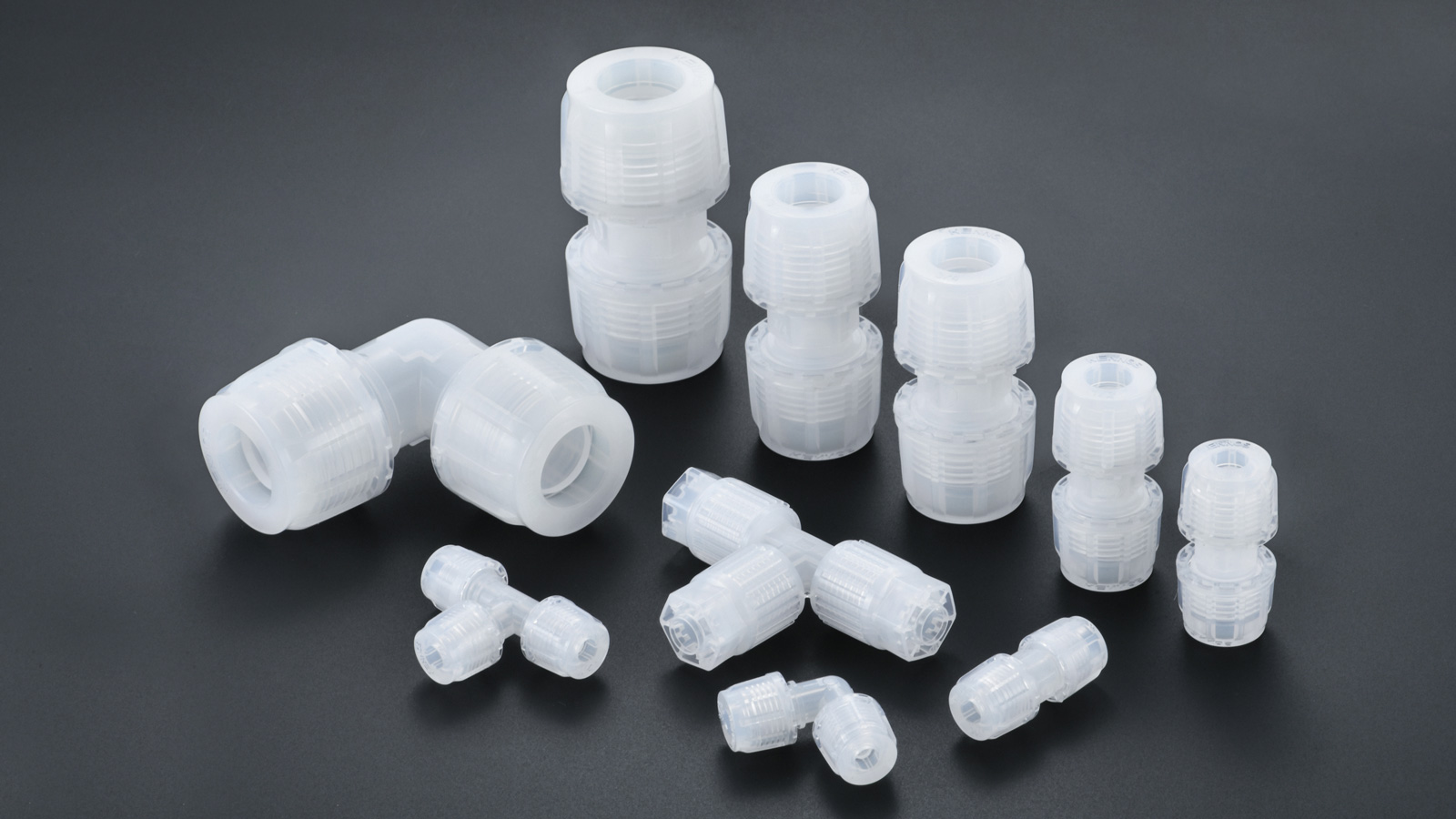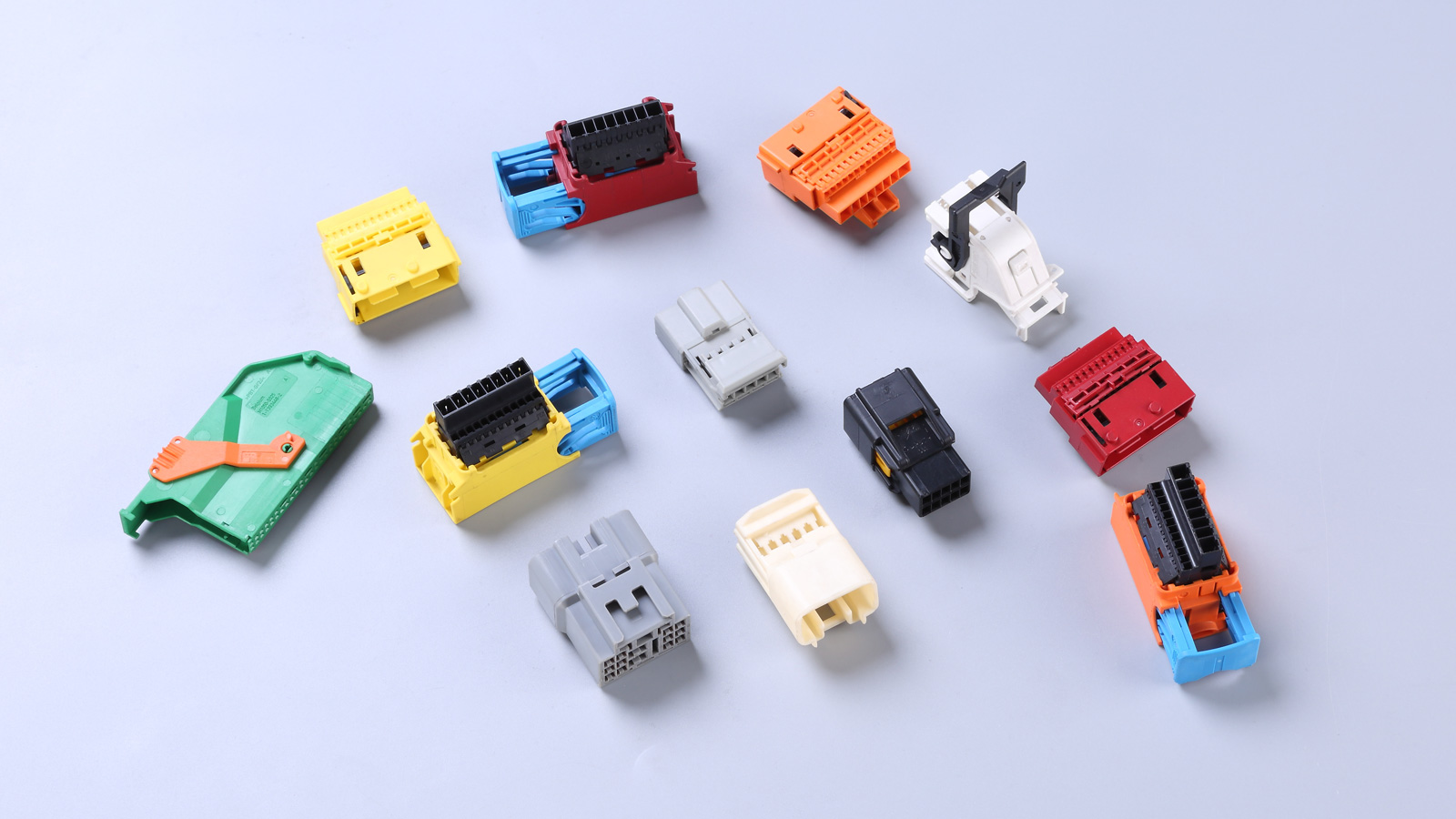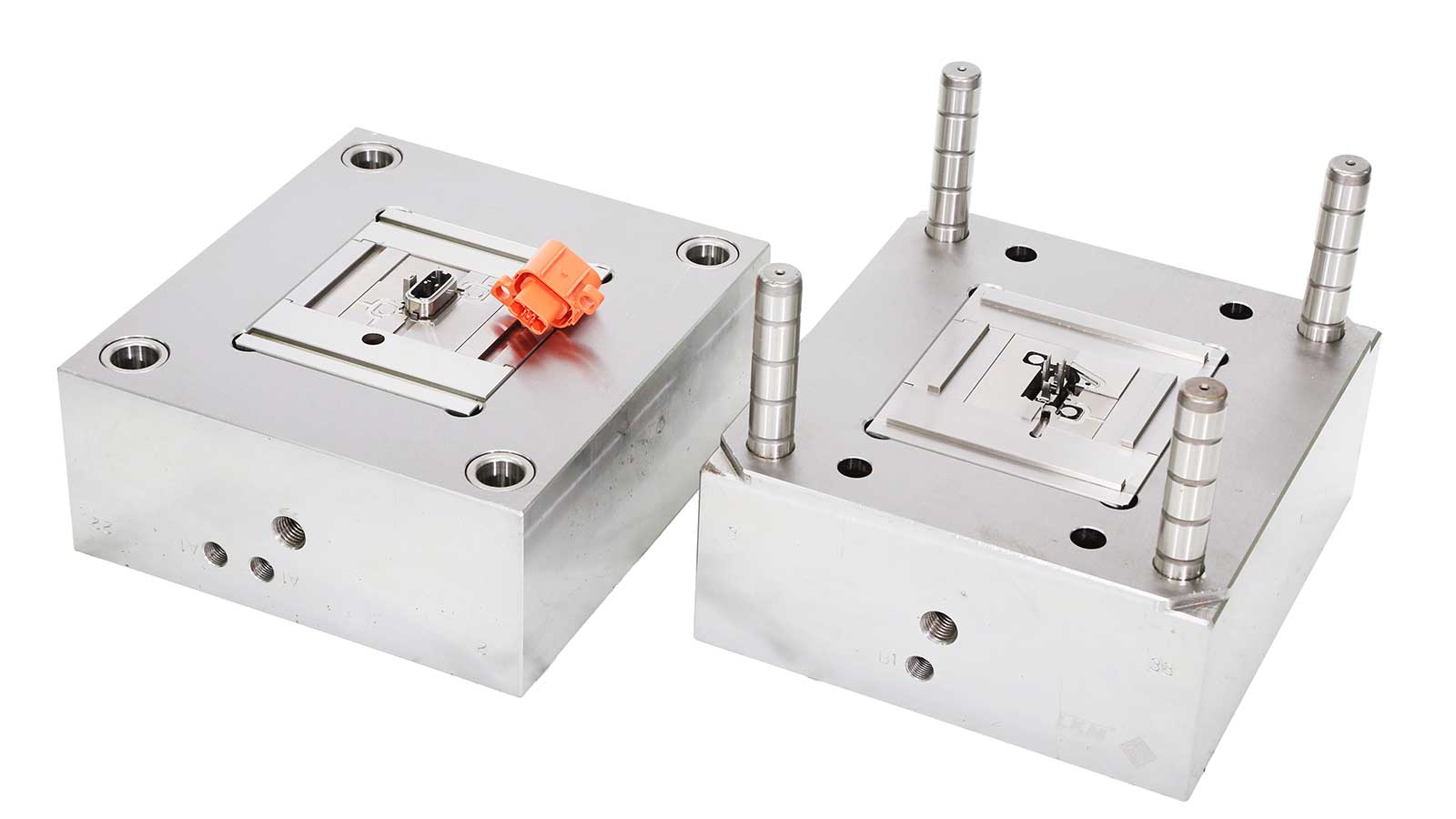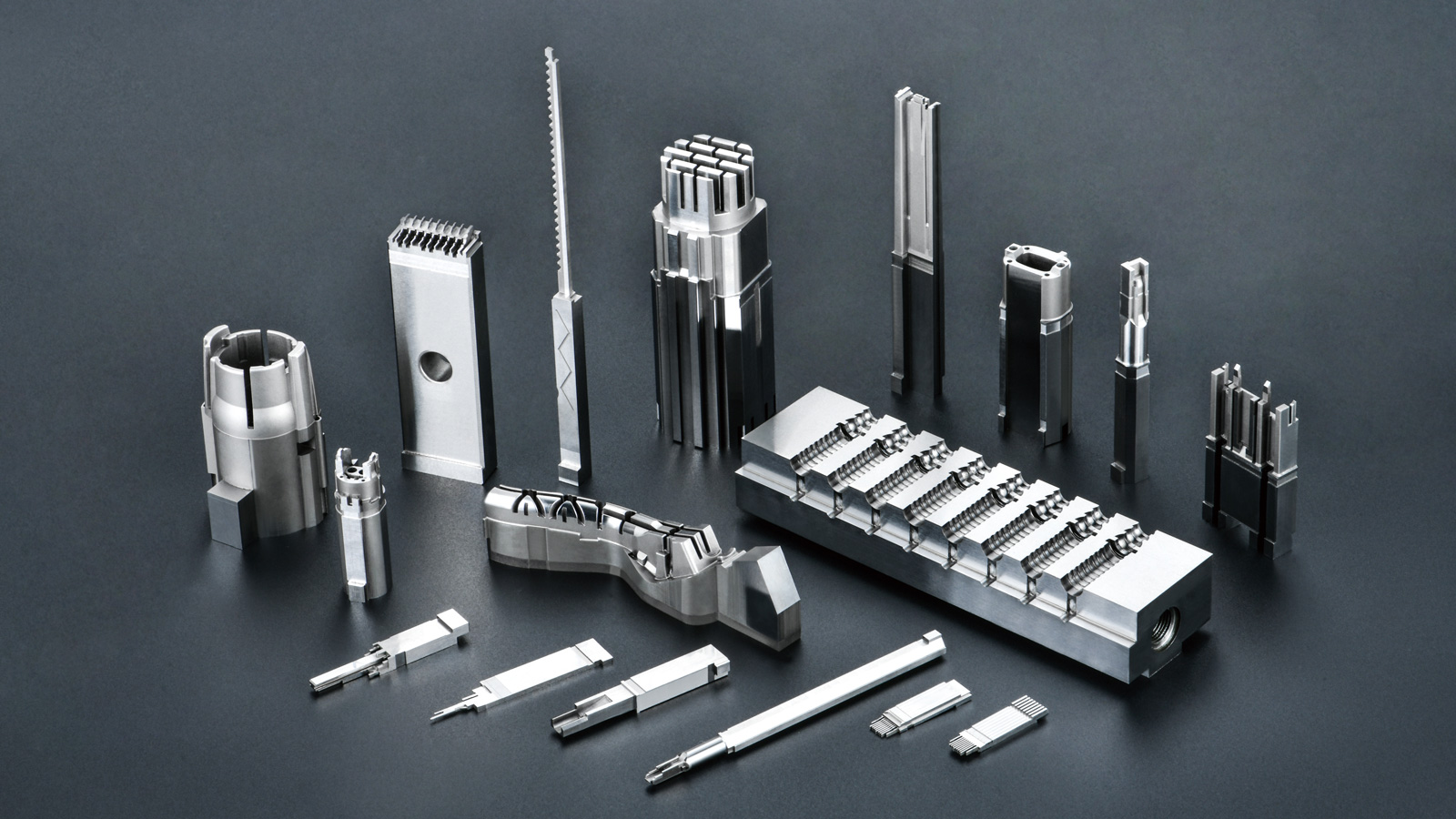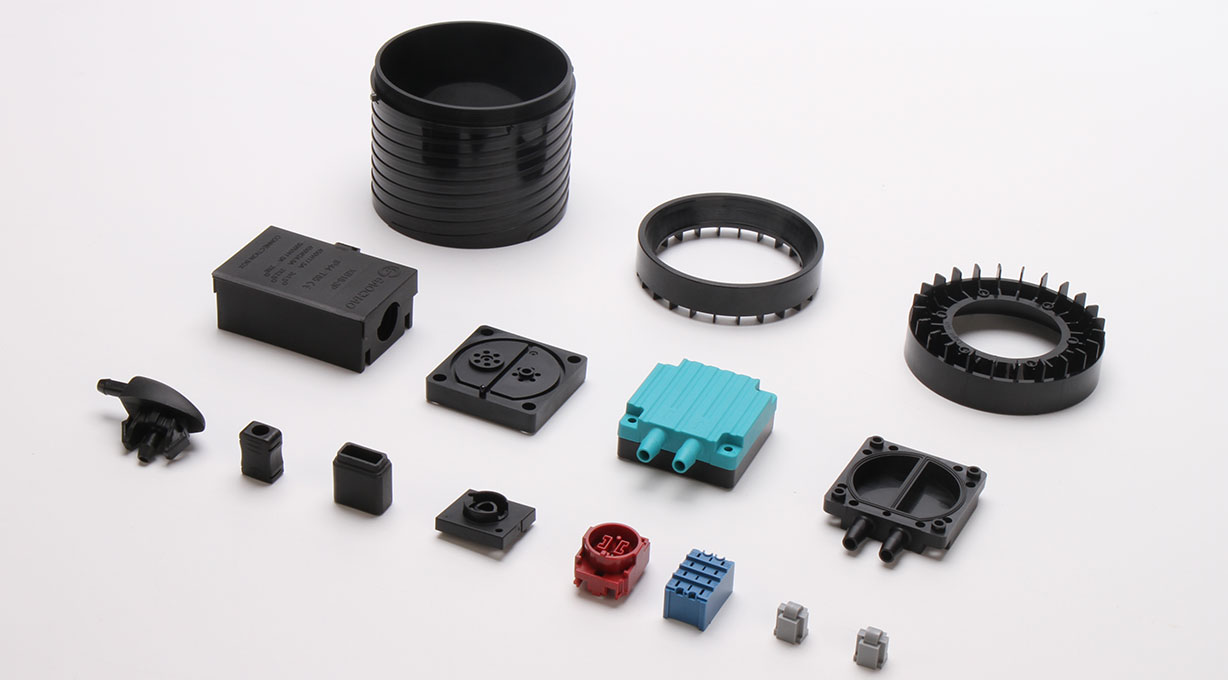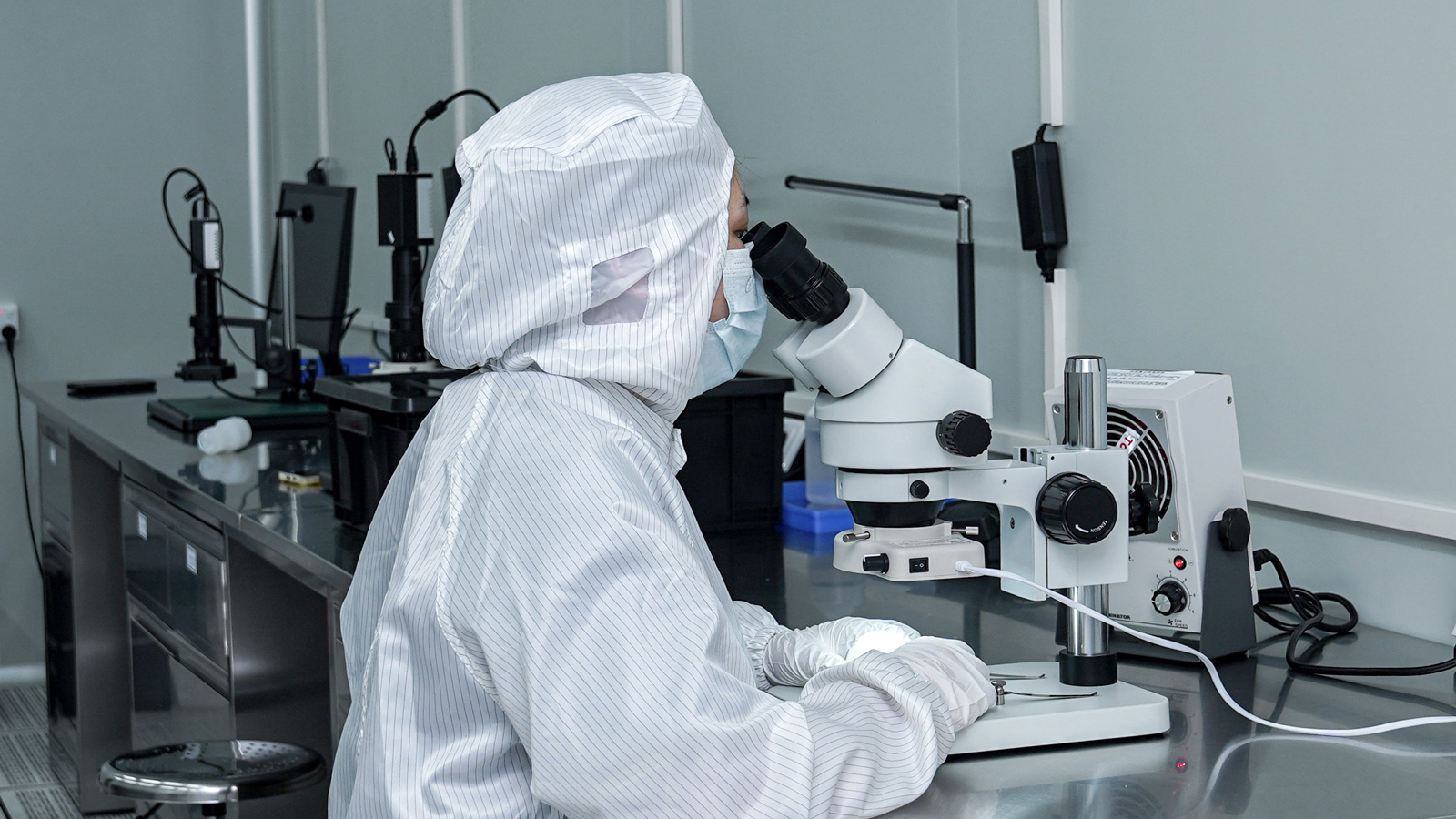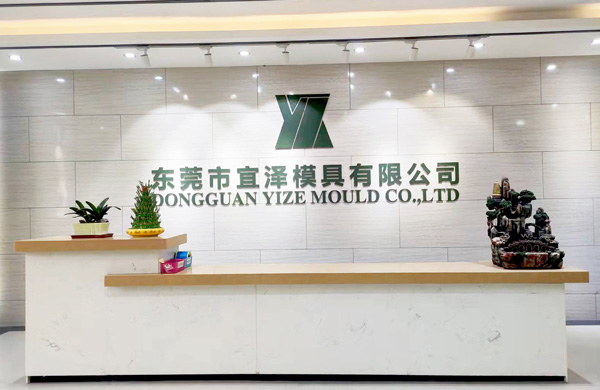In the fiercely competitive field of mold manufacturing, an outstanding plastic injection molding factory should not only produce high-quality products while ensuring reasonable profits but also possess a well-established management system, an efficient team, strong execution capabilities, and a spirit of continuous innovation. So, how can such a factory achieve these goals? This article will conduct an in-depth analysis from three dimensions: organizational structure, operational details, and on-site management control.
I. Organizational Structure and Operational Details: Clear Division of Labor and Efficient Collaboration
A trustworthy plastic injection molding factory must have a clear and reasonable organizational structure, with each department having well-defined responsibilities and working together efficiently and smoothly.
- Design Department: The Think Tank for DFM Review and Mold Design
The design department serves as the “brain” of the factory, responsible for DFM (Design for Manufacturability) reviews, mold design, communication with clients, product reviews, and technical support for early-stage quotations. Through precise DFM reviews, the design department can proactively identify and resolve potential design issues, ensuring the rationality and feasibility of mold design and laying a solid foundation for subsequent production. - Machining Department: The Elite Team for Programming, CNC, EDM, Wire Cutting, and Grinding
The machining department acts as the “executor” of the factory, undertaking the tasks of machining and production. From programming to CNC machining, from EDM to wire cutting, and then to grinding, every step requires meticulous operation to ensure machining accuracy. The internal processes within the machining department are closely coordinated, with flexible adjustments made during the production process. This allows for timely handling of bottlenecks and smooth transition to the next process, minimizing coordination costs among teams, shortening the production cycle, and ensuring timely mold production while maintaining quality and delivery timelines. - Assembly Department: The Craftsmanship in Mold Assembly, Follow-up, Modification, and Polishing
The assembly department functions as the “artisan” of the factory, responsible for mold assembly, follow-up, modification, and polishing. They require not only superb skills but also a rigorous attitude, strictly controlling every detail of the mold. By tracking the progress of mold materials, machining, and standard parts, the assembly department ensures the final delivery quality of the molds, meeting client expectations. - Project Management: The Meticulous Planner of Production Schedules
Project management serves as the “commander” of the factory, responsible for formulating and executing production schedules for plastic injection molds. A well-crafted production schedule directly impacts mold production accuracy, efficiency, and the quality of the final products. The project management team needs to comprehensively consider the machining methods, costs, operational difficulties, and work efficiency of each part to arrange the process flow reasonably and ensure the rationality and feasibility of the production schedule.
II. On-site Management Control: Refined Management to Ensure Quality
In addition to a clear organizational structure and efficient operational details, refined on-site management control is also crucial for ensuring smooth production and excellent product quality.
- Formulation and Execution of Comprehensive Mold Plans
After a client places an order, the factory promptly convenes a process review meeting attended by all supervisors to formulate a detailed comprehensive mold plan, covering material selection, design, programming, machining, CNC, EDM, wire cutting, assembly, and other aspects. This plan not only clarifies the time nodes and responsible persons for each process but also provides clear guidance for subsequent production. - Dynamic Adjustment of Overall Mold Progress Schedules
Through evening meetings, the factory can promptly understand the mold status within each department, including production progress and quality issues. If necessary, the factory adjusts the work schedule to align it with the overall mold plan, ensuring timely mold delivery. - Efficient System Management and On-site Inspections
The factory adopts efficient system management tools to conduct irregular inspections of the workshop, promptly identifying and resolving issues during the machining process. At the same time, strict self-inspections are carried out on production parts, with data recorded and self-inspection reports saved to ensure that every part meets quality requirements. - Tracking and Recording of Mold Machining Status
The factory carefully tracks the machining status of each mold, ensuring accurate and complete data, which is recorded in the system. This approach not only helps the factory stay informed about the mold production situation in a timely manner but also provides strong support for subsequent quality tracing and improvement.
In conclusion, a trustworthy plastic injection molding factory should not only have a clear organizational structure and efficient operational details but also implement refined on-site management control to ensure smooth production and excellent product quality, thereby winning client trust and recognition.
